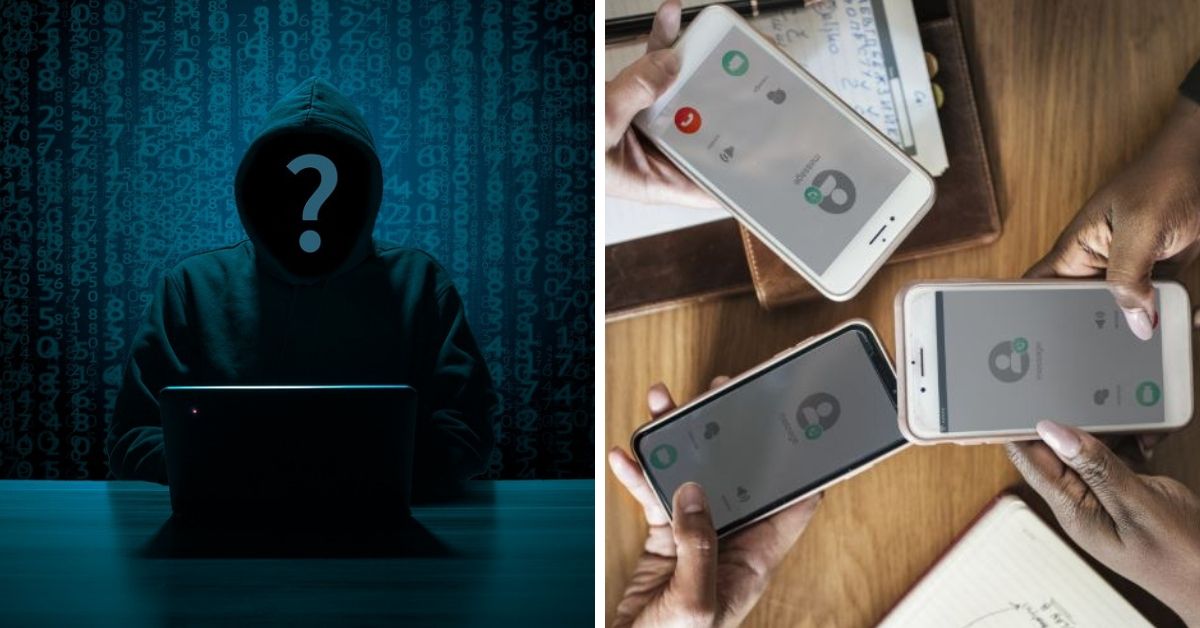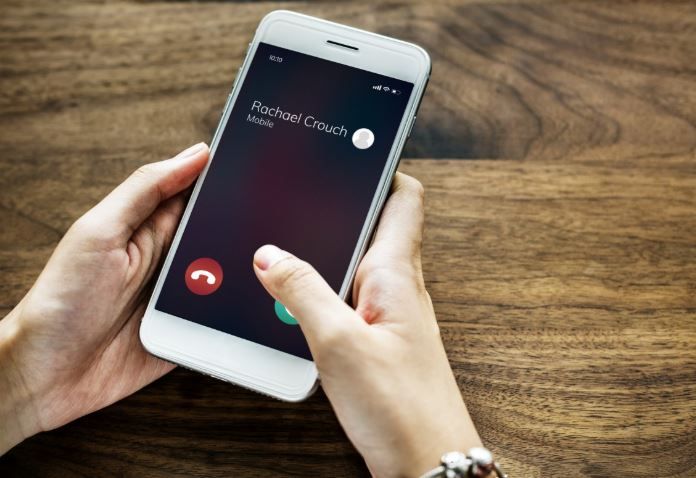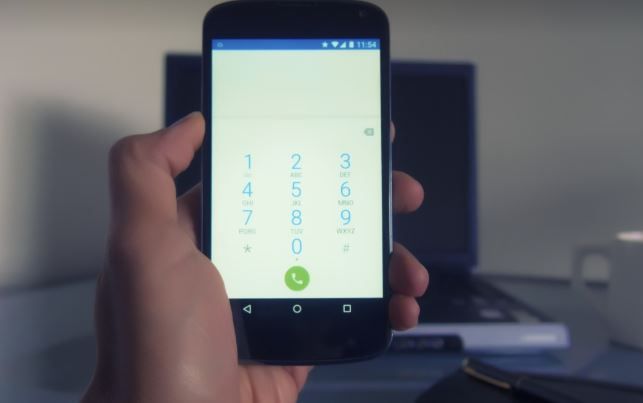I'm extremely hesitant to give my phone number away. When online stores or subscription websites require a phone number, I feel divided on whether to give a real or fake one.
But will these precautions actually prevent me from getting unsolicited calls?
I've heard dozens of stories from friends who have been, or know someone who has been, tricked into buying or giving away money while on a call with a stranger.
Some people think it's silly that someone could get duped like this, but you'd be surprised by the tactics these scammers use.
I've heard people getting calls from people faking to be a representative from their bank account or the IRS, which would lead anyone to panic.
A new report has found that scam calls are increasing at an alarming rate, and it's not going to slow down anytime soon.
According to a recent report by First Orion, a U.S. company that creates call blocking and caller ID technology, the number of mobile scam calls went from 3.7% of total calls in 2017 to nearly 30% in 2018.
They estimate that by early 2019, nearly half of all your mobile calls will be scam.
"Year after year, the scam call epidemic bombards consumers at record-breaking levels, surpassing the previous year and scammers increasingly invade our privacy at new extremes," Charles D. Morgan, CEO of First Orion, said in their blog post.
Here are the types of scam calls you should look out for:
1. "Neighborhood Spoofing"
This method is gaining more traction because it actually works.
Scammers will disguise their phone number to display a local number, which makes people much more willing to pick up their phones.
2. "The Department of Homeland Security" or "FBI" Scam
If you get a call where someone claiming to be an employee with U.S. Immigration or an FBI agent, be wary.
They'll be asking for a lot of your personal information, and you should be careful not to give anything away.
3. "Can You Hear Me"
This one will blow your mind.
If you get a call from an unknown number asking if you can hear them over and over again, hang up.
Scammers are looking for potential victims to say "yes" so that they can use the recording of their voice to access their credit card account or be able to make other unwarranted charges.
4. "Smishing" or "Phishing"
If you get a call or text that seems like it's from a trusted source, like a bank, be wary.
These texts or calls claim your credit or debit card has been compromised, and that you need to call fraud prevention to sort things out. They'll even provide a phone number for you to call to make it more convenient.
Whatever you do, don't call that number. This is a trap.
Here are ways you can protect yourself:
It's tempting to never answer another mobile call again, after reading this article, but what would be the point of a smartphone if you can't use it's main feature - to answer calls.
Fortunately, there are ways you can protect and prevent yourself from getting duped, especially now that scammers are finding more sneaky ways to trick the public.
The first thing you can do is block individual numbers that are constantly calling you up.
Second, add your phone number to the Do Not Call Registry, which will limit the amount of calls you get from legal telemarketers. While this doesn't prevent robocalls, perhaps it will help you to better distinguish a scam call from a real call.
Next, you can get help from companies like First Orion or Robokiller to filter your calls.
if you end up picking up the phone, never provide your personal information to anyone and always wait for the caller to speak first.
[H/T: SimpleMost / First Orion]





